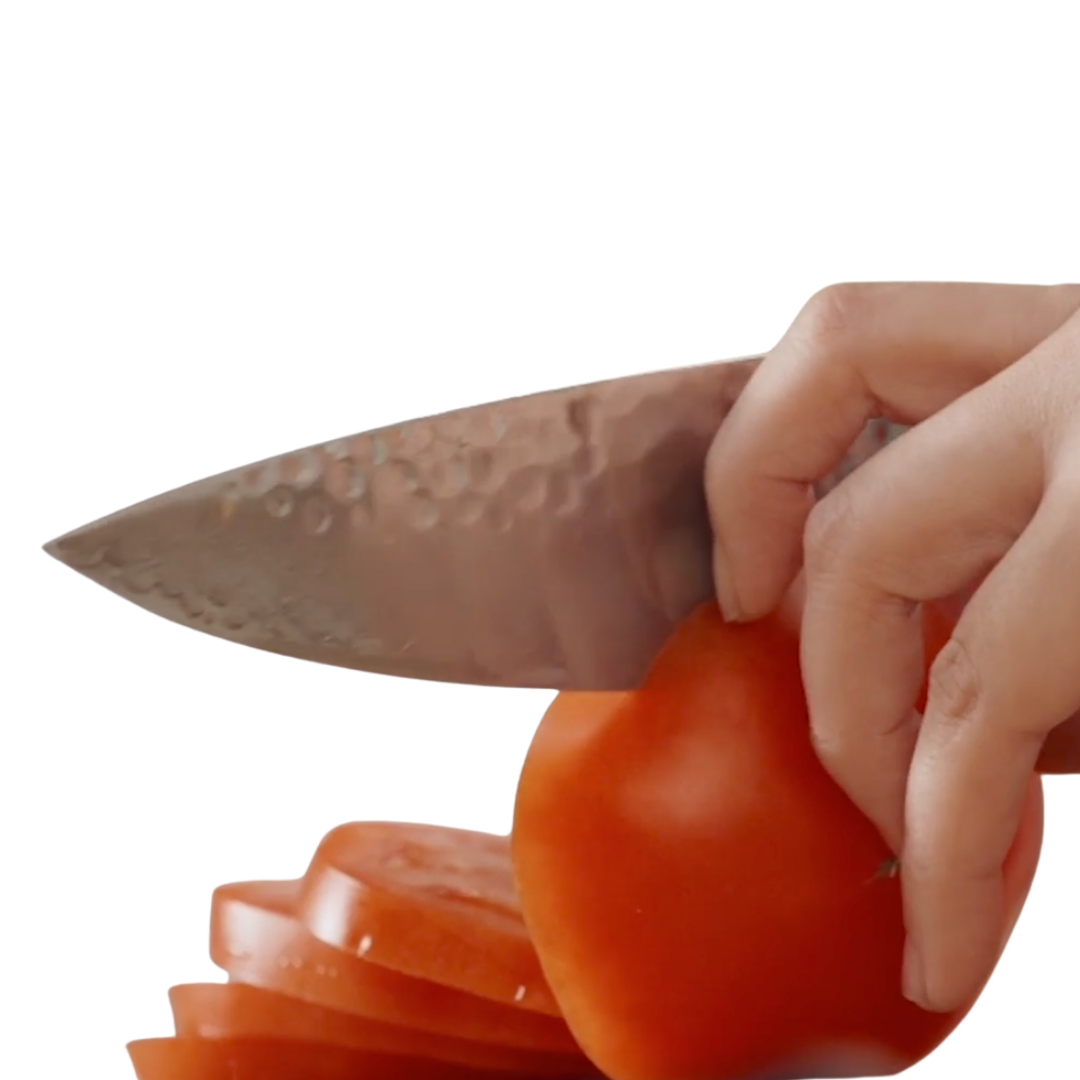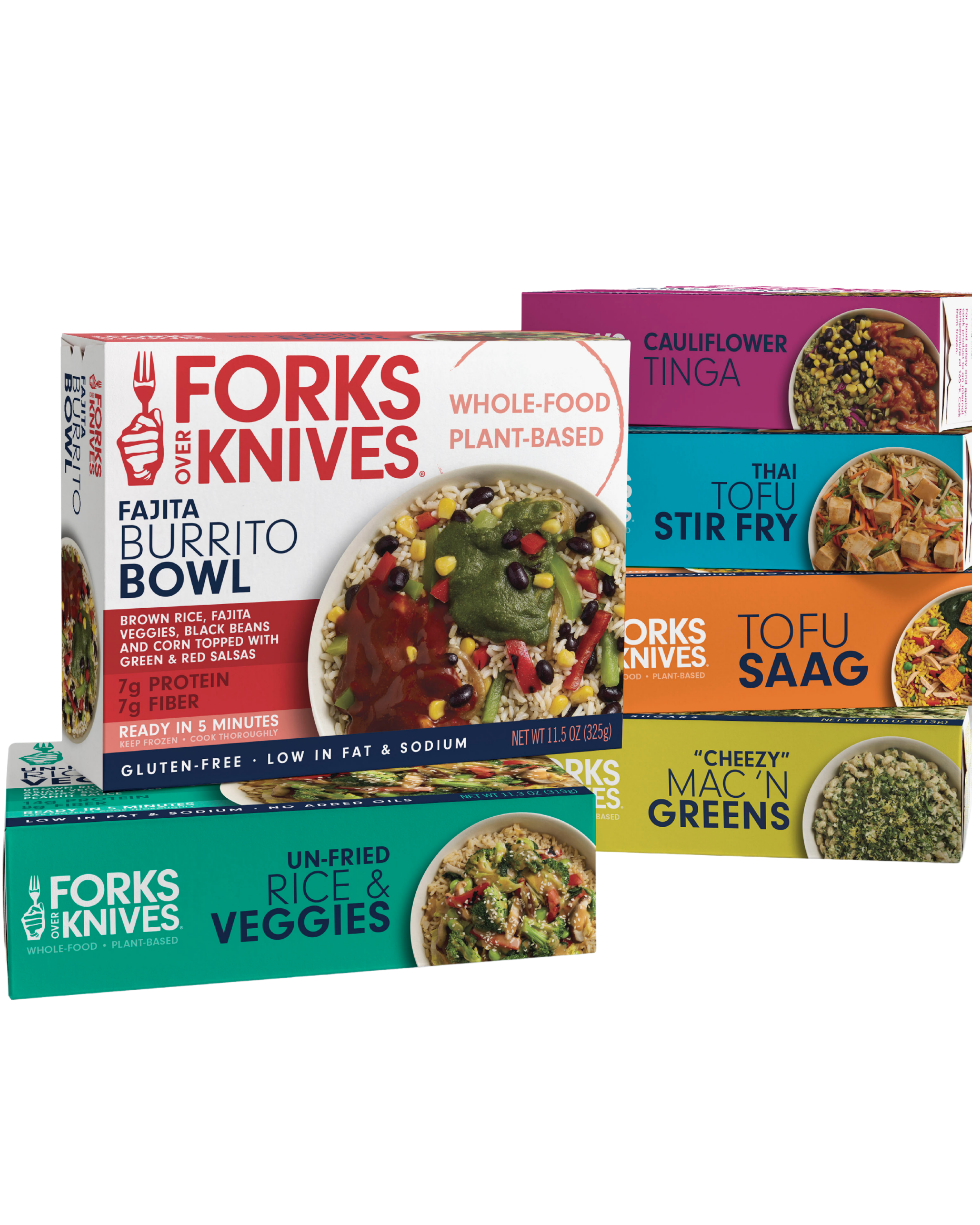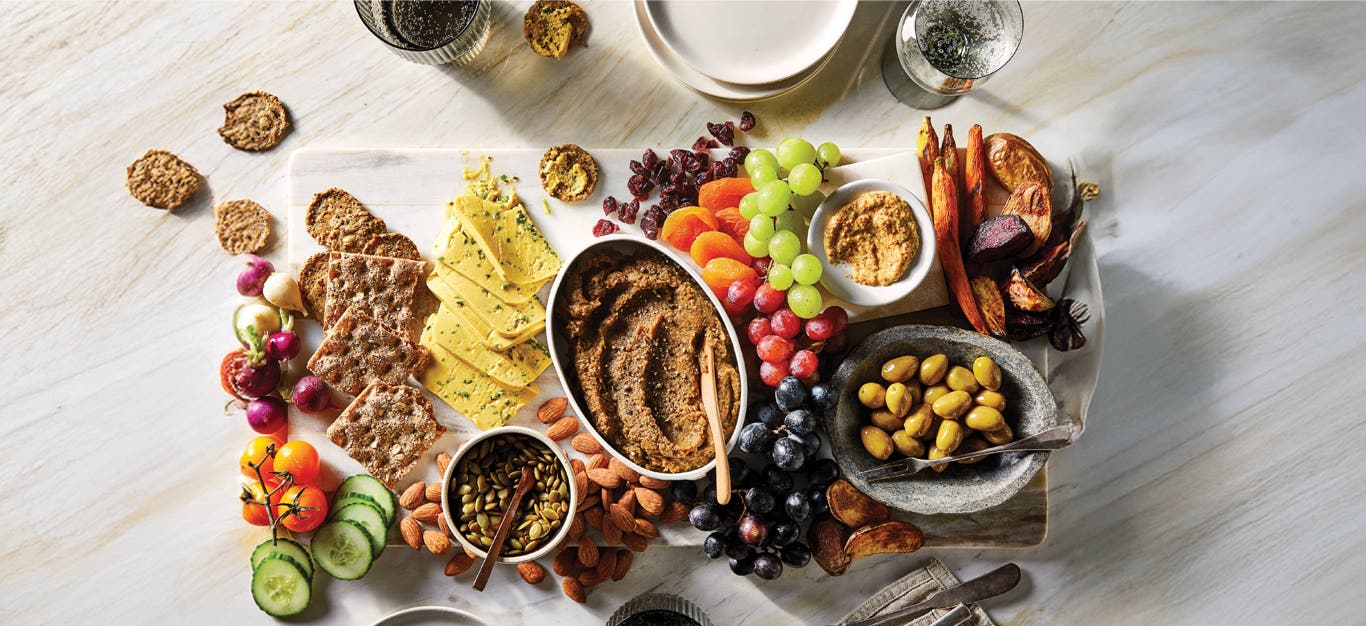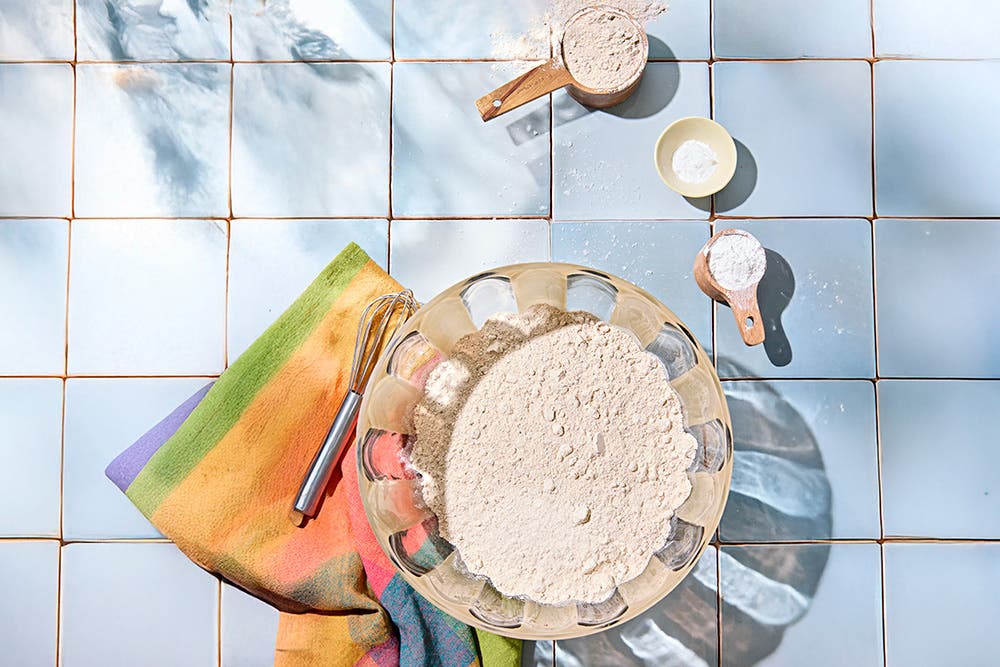Let's face it: If getting high-quality nutrition were super simple, we would all be living healthy, happy, and fit lives. Nutrition does seem simple on a surface level. Eat plenty of fruits and vegetables; avoid processed and junk foods. But it's not that simple. We lead busy lives, and we're bombarded by advertisements convincing us that we should drink cow's milk for developing strong bones and muscle mass, and that when we're thirsty, a cola, or even a beer, will really hit the spot.
The marketing of such health-inhibiting products is as good as it gets, and I'm sure we've all fallen victim to their messaging from time to time. Drink this shake to lose weight? Sure. Buy chocolates during the holidays? Sign me up. Indulge in that calorie-laden restaurant-made pie? Yep. It's free on Wednesdays, so why not?
You have to admit, the kale council would have to do a pretty bang-up job with their marketing to compete with two sandwiches for $2, or unlimited fountain drink refills. Who can resist a 64-ounce soda, super-sized to twice the volume with a free refill? That's a full gallon of pop. Good luck with that.
The key to true health and good nutrition begins with a solid foundation. Let the cliches and comparisons to building a house commence.
Lay the foundation for your healthy body with plant-based whole foods. This must be the true foundation. Not what you think you're eating, or what you tell people you're eating, or what you post in status updates on social media on the rare occasion you comply with this foundation, but really make the platform of your diet whole plant foods.
Once you have a solid foundation with a real majority of your calories coming from whole plant foods, it's time to raise some beams and hold them in place with solid pillars.
Pillars of a Whole-Food, Plant-Based Diet
Fruits
Vegetables
Legumes
Grains
You will be eating the bulk of your calories from these four pillars. Legumes, grains, and root vegetables will be the most calorie-dense, and fruits and vegetables will provide the greatest amounts of micronutrients. The combination of these four pillars will provide adequate calories if consumed in sufficient quantities. They will also provide complex carbohydrate fuel, amino acids and complete protein for maintaining and building muscle, and good 'healthy' fats. Additionally, they will supply your body with vitamins, minerals, antioxidants, fiber, water, and more. This combination of whole-food nutrition from key plant-based pillars is the holistic recipe for foundational nutritional success.
Pillar foods may include: bananas, broccoli, lentils, oats, brown rice, beans, potatoes, berries, avocados, yams, quinoa, and leafy greens.
Your pillars will need a few accessories. Your accessories will be nuts and seeds. Packed full of nutrition, and very calorie-rich, nuts and seeds will be like the icing on your plant-based, whole-food cake. Mouthwatering, isn't it?
Accessory foods may include: flaxseeds, hemp seeds, walnuts, almonds, cashews, pepitas, sunflower seeds, chia seeds, and Brazil nuts.
When you have your foundation in place and your pillars standing tall, you will also want to have a solid core. Your core must always remain strong. Your core will be your staple foods, the dishes and meals you eat the most. These can be classified as individual foods, such as potatoes, or a meal, such as oatmeal with walnuts, berries, and flax meal.
The Staples
Some staple dishes may include:
Burrito bowl (brown rice, black beans, pinto beans, avocado, lettuce, tomato)
Big salad (leafy greens such as spinach, kale, romaine, with tomato, zucchini, bell peppers, broccoli, mushrooms, garbanzo beans)
Rice and veggies (brown rice, corn, carrots, peas, tomato, cucumber)
Pad Thai (noodles, tofu, peanuts, carrots, broccoli, corn)
Oatmeal (oats, fruit, nuts, seeds)
Chili (beans, vegetables, spices)
Soup (vegetable broth, potatoes, carrots, kale, beans)
Avocado and vegetable sushi (sushi rice, seaweed, avocado, cucumber, carrots)
Fruit salad or smoothie (mixture of your favorite fruits)
Baked potatoes or sweet potatoes with vegetables (potatoes, corn, avocado, broccoli, lettuce, sauces)
Basically every type of international cuisine has plentiful plant-based staple offerings, from Ethiopian veggie platters on injera, to Vietnamese pho, to classic Thai, Mexican, Japanese, Indian, and African entrees. The plant kingdom is seemingly limitless no matter where you are in the world.
Healthy Pipes
To go along with your healthy foundation, strong pillars, accessories, and a solid core, you will want good piping in your system. This means getting proper hydration, consuming between half a gallon and a gallon of water per day, and lots of leafy green vegetables filled with nitric oxide to keep blood vessels open and blood flowing smoothly. A good amount of fiber intake will keep other pipes moving, too.
Simply following a whole-food, plant-based diet, avoiding oils and processed and refined foods, should put you on a path to nutritional and health success. Paying attention to some of the additional nuances ensuring nutritional diversity and nutrient density can take you to an elevated level of health.
There is no better time than right now to build a new foundation. No need to wait until Jan. 1 or any other arbitrary day like a Monday or the first day of the month. Every day that you delay taking control of your health destiny, you delay the outcomes you desire. So take action, and make your health and wellness dreams happen!
Wishing you all the very best in plant-based health and fitness.
Ready to get started? Check out Forks Meal Planner, FOK’s easy weekly meal-planning tool to keep you on a healthy plant-based path.
Related News
Get Our Best Price On The Forks Meal Planner

Forks Meal Planner takes the guess work out of making nutritious meals the whole family will enjoy.
Master Plant-Based Cooking!

Our new course features over 100 lessons, 50+ recipes, downloadable guides, and more!
New Frozen Meals!

Introducing our new frozen meals: Doctor-recommended, chef-crafted, & ready in minutes.




